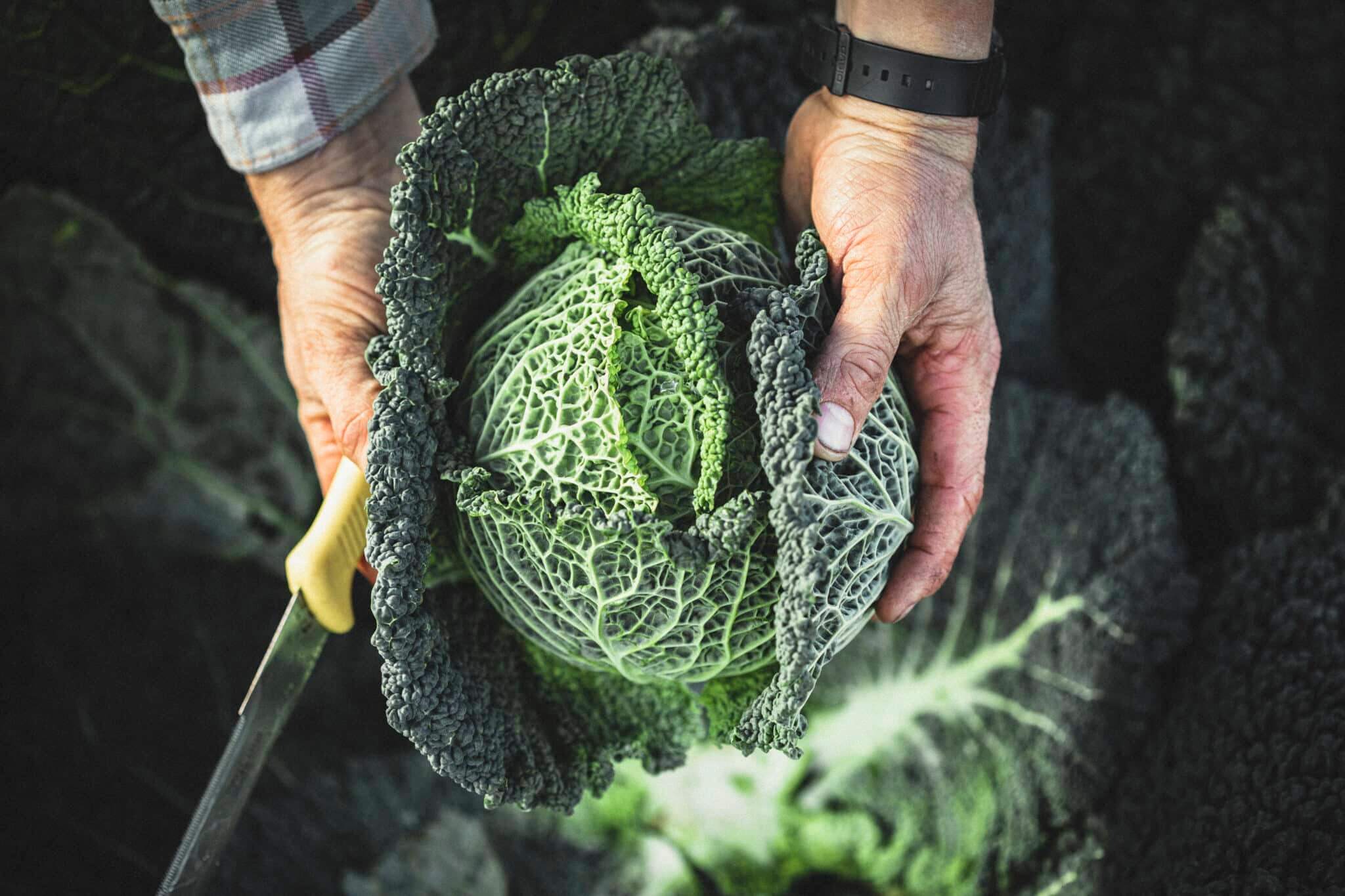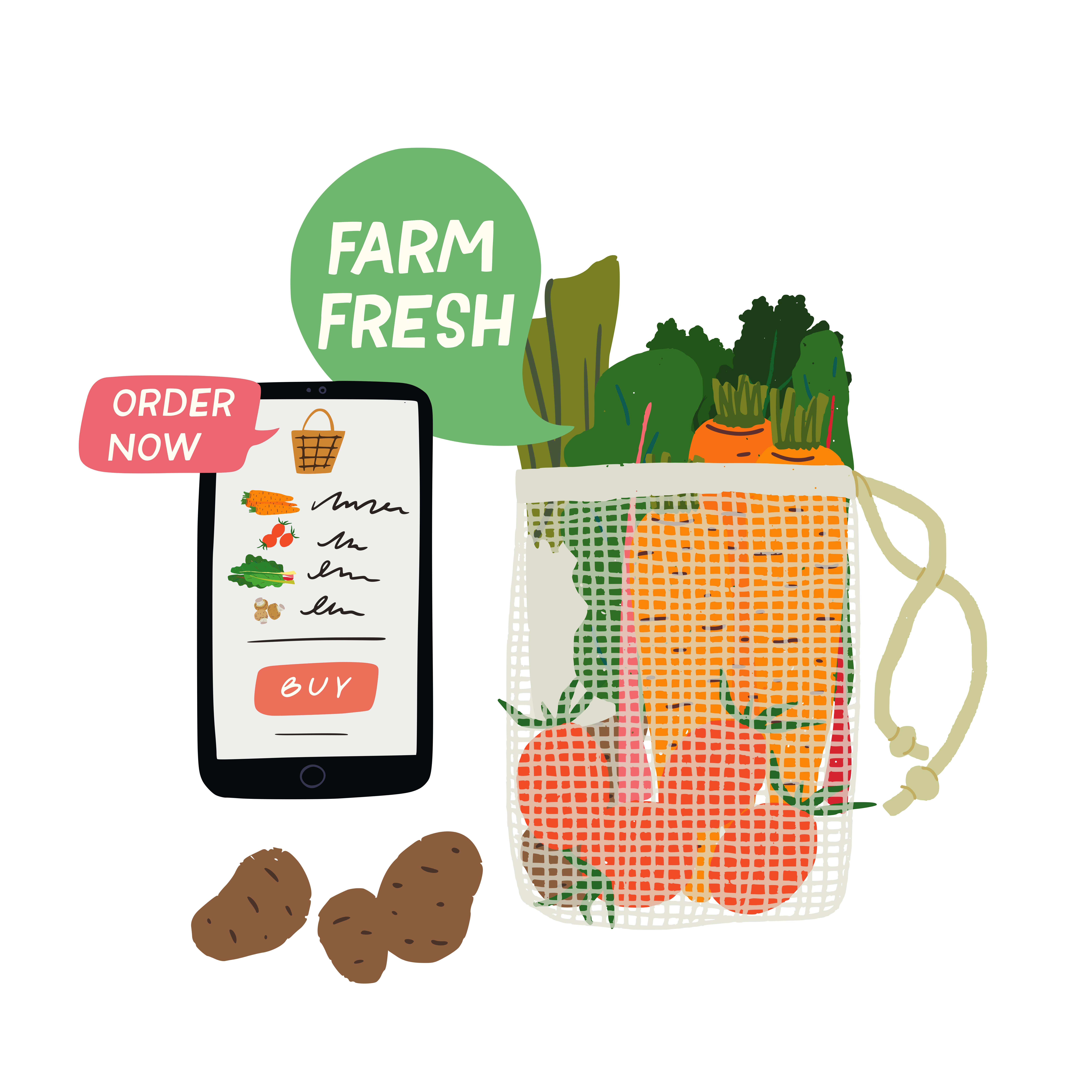Like Veganuary, dry January or even Stoptober, Organic September is one month that can help you embrace positive changes during the rest of the year. Most people think of organic food when we look at switching to more planet-friendly options, but what we wear and surround ourselves with are key too.
Organic beauty and homewares may seem like an expensive luxury, but keeping things simple means they can still be part of your daily life.
“Even a small swap can make a big difference,” said Organic September co-organisers at The Organic Trade Board. “Try a new fruit, a different brand, discover organic textiles and beauty. Even just one product swapped to organic can make a huge difference to our planet and nature will thank you.”
Cottoning on to chemicals
Cotton is still the fourth largest consumer of agricultural pesticides globally, and the most heavily sprayed crop. Covering just 2.4 per cent of the world’s cultivated land but using 16 per cent of the world’s insecticides, choosing organic reduces your exposure to both.
Whether it is household textiles or fashion, buying ‘less and better’ is a great rule of thumb for any purchases. Alongside organic cotton, bamboo or linen are great alternatives; try Greenfibres or Dip & Doze for bedlinen and towels. Investigate creating a capsule wardrobe for yourself with a few key clothing pieces – try Sancho’s, People Tree or Organic Basics.
Organic September also coincides with another campaign, Second Hand September, and the two really do go hand in hand. As Go Toxic Free author Anna Turns advises, if you can’t buy new organic clothing, preloved clothes are better for both you and the planet. They will have practically zero pesticide residues, and it means fashion doesn’t end up in polluting landfills or being incinerated.
It’s not just clothing where organic cotton is important – campaigners such as the Women’s Environmental Network have raised awareness of how important organic period products are for consumers.
Non-organic tampons and pads may contain plastic, dioxins, dyes, bleach and chlorine, and research has shown that conventional period products can be a significant source of exposure for Endocrine Disrupting Chemicals (EDCs).
Agricultural pesticides also impact heavily on women’s health particularly in developing countries, so in buying organic you are also ensuring other women have a safer environment.

Feel-good beauty
Beauty is a greenwashing minefield. What is the difference between natural and organic? And how do you discern what is the real deal?
‘Botanical’, ‘natural extracts’, ‘naturally derived’ ‘green’ or ‘eco-friendly’ – these terms don’t actually mean anything unless a brand shares how they achieve it, and is totally transparent about all the ingredients that go into what they make.

There is often a hidden trade off where brands will shout about one ingredient but doesn’t mention the other less lovely ingredients – for example, saying something is free from parabens or shouting about a vegan-friendly formula, when the product still contains synthetic chemicals.
Labels and ingredients lists can be confusing but an easy shortcut to buying better is to look for recognised symbols from accrediting bodies on the bottle.
Soil Association or EcoCert COSMOS Organic Certification means a product has at least 95 per cent organic ingredients, was grown without synthetic pesticides, herbicides, or fertilisers, and is cruelty and GM free.
You may also see a slightly different version, COSMOS Natural, which is for products that can’t receive organic status but are still planet-friendly – for example, a salt-based body scrub, as salt is harvested, not farmed.
Our skin easily absorbs chemicals, so choosing a product that is certified organic means it is free from synthetic ingredients such as colours, dyes, fragrances, or parabens (preservatives).
Across the beauty and personal care industry as a whole, 70 per cent of products contain one or more palm oil derivatives, as it is an important ingredient that acts as a natural emulsifier. This is not something brands talk about, yet it is in everything from lipstick to bodywash.
If palm oil ingredients are used, for organic certification they must be certified sustainable, and companies such as Weleda are supporting conservation projects that guarantee that no human or animal habitats are destroyed, and that the organic palm oil is Fairtrade.
Looking at more ways to choose organic year-round, in all areas of our lives, means we can pick products made from renewable, natural resources in a way that benefits biodiversity, soil health and wildlife alongside our own wellbeing.
You can find a list of organic certified brands by clicking here.













0 Comments